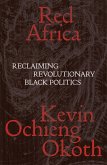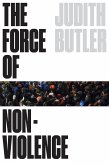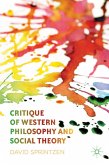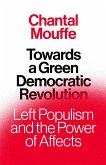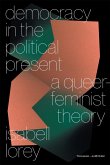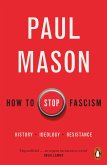"Microverses" comprises over a hundred short essays inviting us to think about society and social theory in new ways. Lockdown created the conditions for what Adorno once termed enforced contemplation'. Dylan Riley responded with the tools of his trade, producing an extraordinary trail of notes exploring how critical sociology can speak to this troubled decade. "Microverses" analyses the intellectual situation, the political crisis of Trump's last months in office, and love and illness in a period when both were fraught with the public emergency of the coronavirus.
Riley brings the theoretical canon to bear on problems of intellectual culture and everyday life, working through Weber and Durkheim, Parsons and Dubois, Gramsci and Lukács, MacKinnon and Fraser, to weigh sociology's relationship to Marxism and the operations of class, race and gender, alongside discursions into the workings of an orchestra and the complicatedness of taking a walk in a pandemic.
Invitations rather than finished arguments, the notes attempt to recover the totalising perspective of sociology the ability to see society in the round, as though from the outside and to recuperate what Paul Sweezy described as a sense of the present as history'.
Riley brings the theoretical canon to bear on problems of intellectual culture and everyday life, working through Weber and Durkheim, Parsons and Dubois, Gramsci and Lukács, MacKinnon and Fraser, to weigh sociology's relationship to Marxism and the operations of class, race and gender, alongside discursions into the workings of an orchestra and the complicatedness of taking a walk in a pandemic.
Invitations rather than finished arguments, the notes attempt to recover the totalising perspective of sociology the ability to see society in the round, as though from the outside and to recuperate what Paul Sweezy described as a sense of the present as history'.


